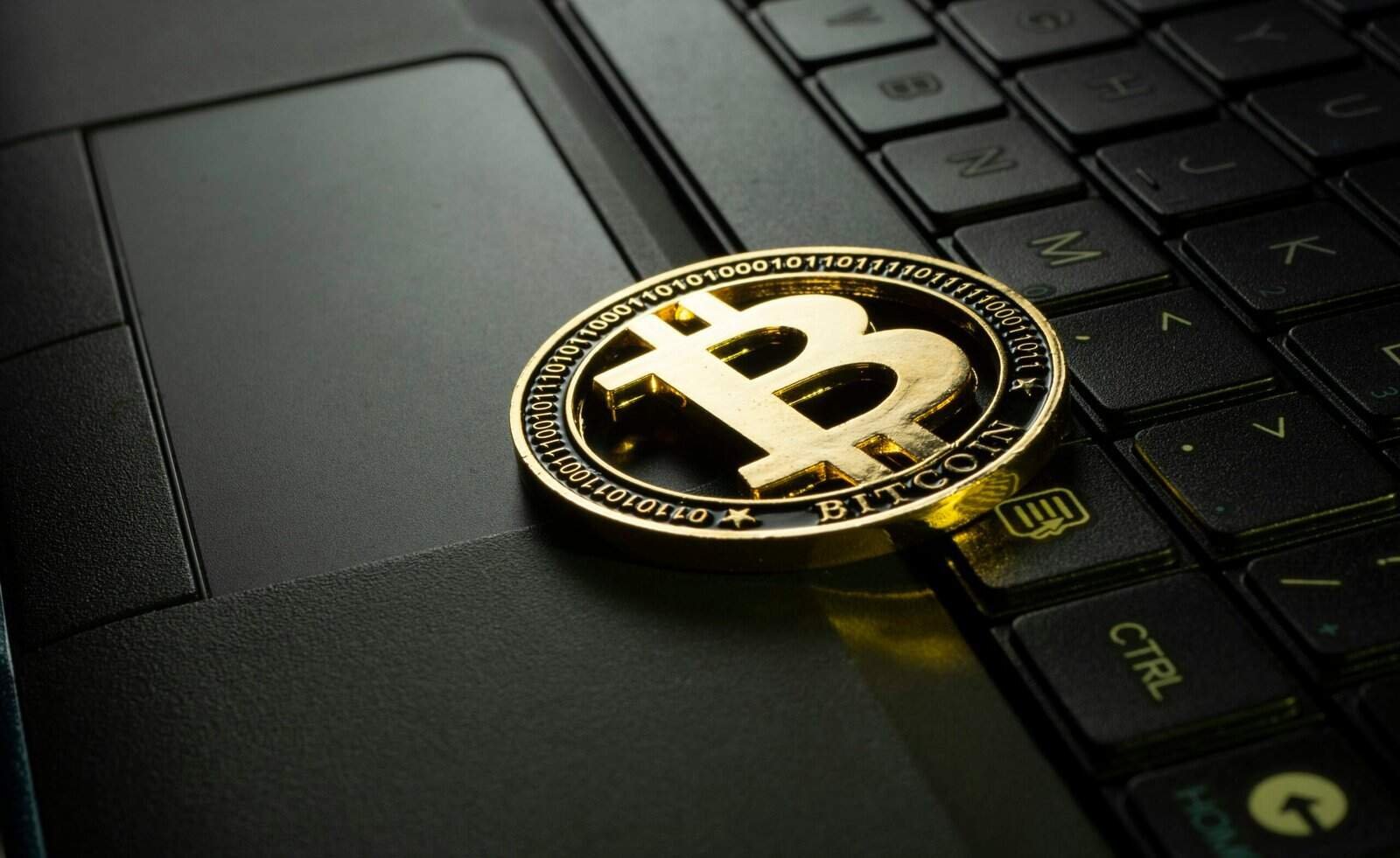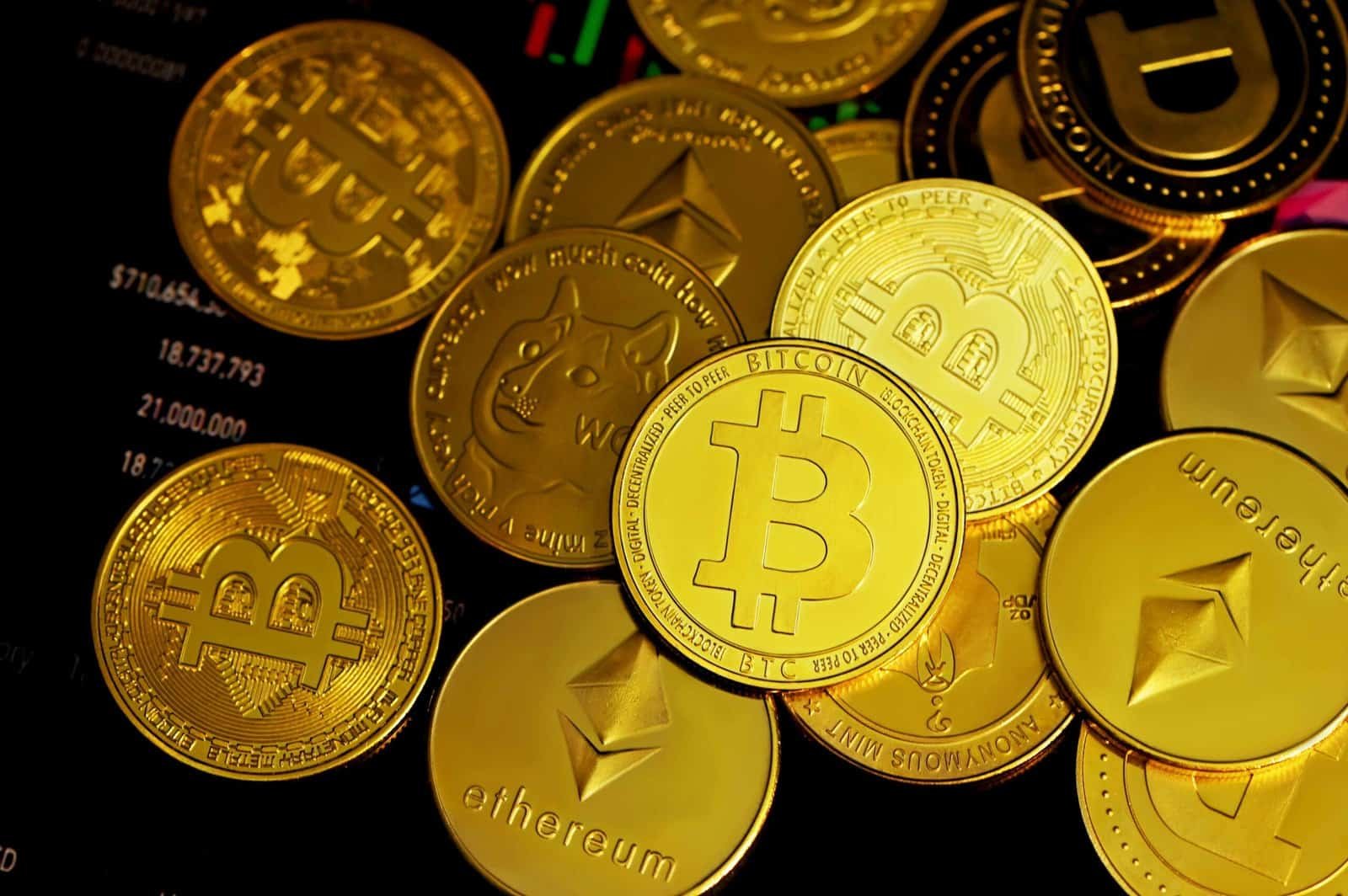Have you ever wondered what a crypto exchange is and how it could potentially transform the way you think about financial transactions? You’re not alone. Many people are curious about this modern innovation, which has reshaped the landscape of finance. Here, we’ll break down everything you need to know about crypto exchanges, ensuring you finish with a comprehensive understanding of what they are and how they function.

What Is a Crypto Exchange?
A crypto exchange is essentially an online platform where cryptocurrencies can be bought, sold, or exchanged for other digital currency or traditional currency like US dollars or Euro. If you’re familiar with stock exchanges, then consider crypto exchanges as their digital counterparts, but instead of trading stocks, these platforms enable the trading of cryptocurrencies.
Why Use a Crypto Exchange?
Crypto exchanges serve as an essential tool for both individuals and institutions to access and participate in the world of cryptocurrencies. These platforms provide liquidity, ensuring that there’s enough movement of assets so you can sell what you own whenever you choose. But more than that, exchanges often offer various trading pairs, allowing you to exchange one cryptocurrency for another seamlessly.
Types of Crypto Exchanges
Not all crypto exchanges operate in the same way. To cater to different needs and preferences, they are generally divided into three main categories: centralized exchanges (CEX), decentralized exchanges (DEX), and hybrid exchanges. Each of these has its own advantages and potential drawbacks that are worth considering based on what you’re looking for.
Centralized Exchanges (CEX)
Centralized exchanges (CEX) are currently the most common type of crypto exchange, and they operate somewhat similarly to traditional financial institutions. They’re managed by a centralized organization or company that facilitates the transaction process. A CEX often provides high liquidity and a user-friendly interface, which can be particularly appealing if you’re just starting out in crypto trading. However, because they are centralized, they can be vulnerable to hacking and other security issues.
Decentralized Exchanges (DEX)
Decentralized exchanges (DEX) operate without any central authority. They facilitate direct peer-to-peer transactions, allowing you more control over your funds. Using blockchain technology, DEXs offer enhanced security and transparency, but they might have less liquidity and be less intuitive if you’re new to cryptocurrency trading. Choosing a DEX might align better if you value privacy and independence over convenience.
Hybrid Exchanges
Hybrid exchanges are an interesting blend of centralized and decentralized exchanges. They aim to provide the robust performance and liquidity of centralized exchanges while maintaining the security and anonymity features of decentralized exchanges. This type of exchange is still in its developmental phase, making it an exciting area to watch as the industry evolves.
How a Crypto Exchange Works
Understanding how a crypto exchange operates can help demystify the trading process. Generally, these platforms work by matching buy and sell orders placed by users. Here’s a straightforward breakdown:
Signup and Verification: To use an exchange, you typically need to create an account. For some exchanges, especially centralized ones, this involves providing personal identification information.
Funding Your Account: Before you can start trading, you usually need to deposit funds into your exchange account, which can be done via bank transfer, credit card, or cryptocurrency transfer.
Placing Orders: Buyers and sellers place orders at particular prices. These can be market orders (executed immediately at the current market price) or limit orders (executed at a specified price or better).
Execution: The exchange will match buy orders with sell orders automatically. Once matched, the transaction is executed, and the digital assets are transferred accordingly.
Withdrawal: After completing your trades, you can withdraw your funds, either in fiat currency to your bank account or in cryptocurrency to your crypto wallet.
Choosing the Right Crypto Exchange for You
Selecting the right crypto exchange can be a daunting task given the variety available. To simplify this, consider several critical factors:
Security Measures
Security should be a top priority when choosing an exchange. Look for platforms that offer robust security features such as two-factor authentication (2FA), cold storage wallets, and encryption techniques. Check the exchange’s track record for any past security breaches and how they handled them.
Range of Supported Cryptocurrencies
Different exchanges support different cryptocurrencies. If you’re interested in trading a wide range of digital assets, opt for an exchange that offers a large variety of trading pairs. Conversely, if you’re only looking to trade major cryptocurrencies like Bitcoin or Ethereum, most exchanges will meet your needs.
Fees
Fees can vary widely across exchanges and might include deposit, withdrawal, and trading fees. Some exchanges implement a maker-taker fee structure, which charges different fees based on whether you are providing liquidity (maker) or taking liquidity (taker). Understanding the fee structure is crucial to maximize your trading profits.
| Type of Fee | Description |
|---|---|
| Trading Fees | Charged for each transaction (e.g., buy, sell) you conduct on the platform. |
| Deposit and Withdrawal Fees | Fees may apply when you deposit or withdraw funds from your account. |
| Inactivity Fees | Charged for dormant accounts that haven’t been used for a defined period. |
User Experience
A platform’s user interface and customer support can significantly affect your trading experience. A user-friendly interface makes it easier to navigate through features, while accessible customer support is valuable if you encounter issues along the way.
Reputation and Reviews
Researching an exchange’s reputation through reviews and user feedback can provide insights into its reliability and quality of service. Platforms with a solid reputation in the crypto community are often more trustworthy.
The Role of Regulation in Crypto Exchanges
Regulation can greatly influence your choice of exchange. Some exchanges operate under strict regulatory guidelines, which can offer a layer of protection but also require you to disclose more personal information. Meanwhile, others operate with little oversight, allowing for more privacy but potentially more risks.
Global Regulatory Outlook
Cryptocurrency regulation varies significantly across the globe, with some countries taking a more open stance while others impose stringent controls. It’s essential to know the regulatory environment specific to your country, as this can affect your trading experience.
For instance, countries like the United States have detailed regulations requiring exchanges to comply with Know Your Customer (KYC) and Anti-Money Laundering (AML) procedures. On the other hand, some jurisdictions adopt a laissez-faire approach, leaving more responsibility on you to manage associated risks.

Common Crypto Exchange Risks
While crypto exchanges provide numerous opportunities, they are not without risks. Understanding these risks can prepare you to mitigate potential pitfalls.
Hacking and Security Breaches
Exchanges, especially centralized ones, are attractive targets for hackers. Unfortunately, there have been a number of high-profile breaches resulting in significant financial loss. Using exchanges with strong security measures and keeping only the necessary funds on them can reduce your exposure.
Volatility and Market Manipulation
The cryptocurrency market is known for its volatility, which can be both a boon and a bane. Price swings may lead to the potential for great returns but also significant losses. Additionally, the lack of regulation can make the market susceptible to manipulative practices such as pump-and-dump schemes.
Technical Issues
Technical problems such as website downtime or errors in executing orders can affect your ability to buy or sell at the desired price. This can be especially problematic if you’re engaged in high-frequency trading or when trying to act on new market developments.
Making Your First Trade on a Crypto Exchange
Ready to start trading? Here are the steps to make your first trade on a crypto exchange:
Select an Exchange: Research and choose an exchange that fits your needs in terms of security, fees, and cryptocurrency offerings.
Create an Account: Complete the registration process. For most exchanges, this involves identity verification through uploading identification documents.
Deposit Funds: Fund your account using your preferred method, whether fiat or cryptocurrencies.
Choose a Cryptocurrency: Decide which cryptocurrency you wish to buy, and navigate to the trading section of your chosen exchange.
Place a Buy Order: Enter the amount you want to purchase and the price you’re willing to pay. For beginners, a market order is typically the easiest option.
Monitor and Secure: Once your transaction is complete, monitor your investments and consider transferring your crypto to a secure wallet for safekeeping.

Conclusion: Embracing the Future of Finance
A crypto exchange can open the door to a fascinating world of digital finance, offering opportunities to diversify your financial portfolio with innovative assets. Whether you’re a beginner or a seasoned trader, the ever-evolving landscape of cryptocurrency provides a unique arena where you can learn, grow, and potentially capitalize on the technological advancements of the future. Just remember, research thoroughly, remain vigilant about security, and, most importantly, engage with this transformative technology on your own terms.
